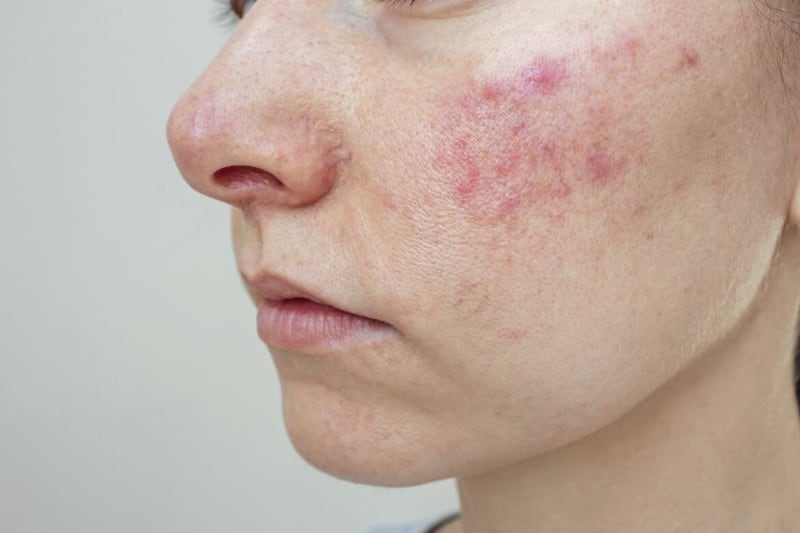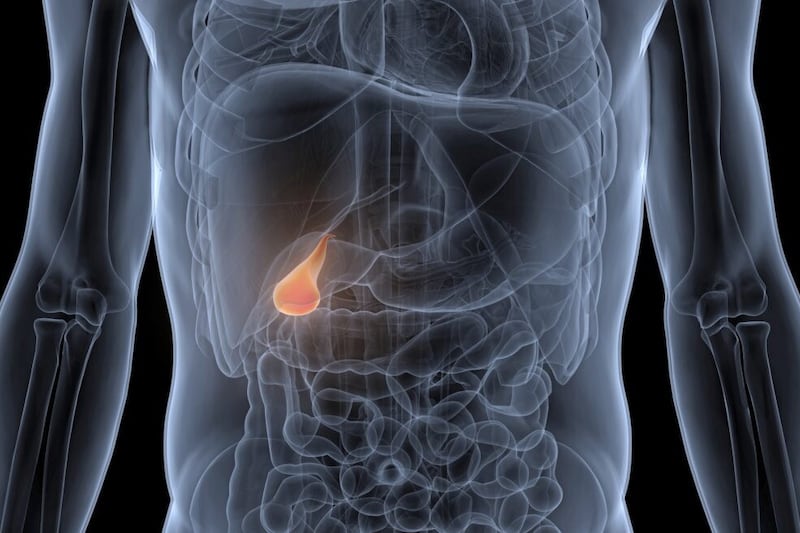Q: I FOUND a tick on my wife’s back after we walked our dogs in a forest a couple of years ago.
She’s since gone from a vibrant, healthy, fit person, who played golf, walked miles and loved to swim, to someone in pain who struggles to get out of bed. I fear that she has Lyme disease.
PT
A: I UNDERSTAND your concern and suggest you ask your GP for a referral to a consultant in infectious diseases.
Lyme disease is named after the place where it was discovered, Lyme, in the US state of Connecticut. It results from the bite of a tick carrying the bacterium Borrelia burgdorferi, which it passes on when it bites someone.
There are three stages of infection – acute (or early localised), early disseminated (when the bacterium has spread around the body, triggering inflammation in various tissues) and late disseminated (involving muscles and joints, the nervous system and other organs).
The late stage, which I suspect your wife is in now, occurs months or years after the initial tick bite. Once you had removed the tick from your wife’s back, in the longer version of your letter you say that you noticed an orange or red circular, or ‘bullseye-shaped’, rash at the site.
This was a key observation because, while there is no definitive test to confirm or rule out infection, that characteristic rash, known as erythema migrans, is sufficient to confirm the presence of the bacterium.
When erythema migrans is identified following a tick bite, an antibiotic should be prescribed promptly. In my view, despite the time that has elapsed since the bite, your wife should still be treated with antibiotics.
There is no universally effective antibiotic; the choice and dosage necessary varies for different people and is based on multiple factors, including the duration and severity of the symptoms.
Given her medical history and the continuing symptoms representing a major change from her previous health status, your wife should be assessed either at the Norfolk and Norwich University Hospital or the Infectious Diseases department at Addenbrooke’s Hospital in Cambridge.
Both will have much experience of Lyme disease, given the undoubted prevalence of the condition across East Anglia, where ticks live on the deer that roam freely.
I would also recommend that you look at the Lyme Disease Action website (lymediseaseaction.org.uk) for further information.
Q: I WAS diagnosed with lichen sclerosus six years ago. I use Nivea cream nightly and steroid cream weekly, which has stopped the condition progressing. I am 68 – must I do this for the rest of my life?
JT
A: THANK you for writing about this sensitive subject. Lichen sclerosus is a skin disorder that can develop on any area of the body, but it most commonly affects the genitals and anus. It causes the skin to whiten and thin, becoming painful and extremely itchy.
The condition affects as many as one woman in 30 attending general gynaecology clinics and is far less common in men.
The cause of the inflammatory changes is poorly understood. There is evidence genetic factors are involved and there is also an association with autoimmune disorders, including thyroid disease (where the immune system attacks the thyroid gland), vitiligo (where skin loses its pigment) and alopecia areata (sudden hair loss).
Hormonal factors, such as the menopause, are also implicated: the greatest incidence is seen in the low oestrogen states of post-menopausal women and young girls.
Treatment is aimed at relieving the symptoms and preventing progression. The strong steroid cream you have been prescribed is the mainstay of this, used to reduce inflammation.
Follow-up over the long term is essential, as the condition is not cured by the steroid – this is a lifelong disorder, and an annual examination by a dermatologist or gynaecologist is advisable.
In your longer letter, you mention your concern about the condition progressing if you should ever require someone else to care for you in old age.
I hope that I can reassure you. This diagnosis is a key feature of your medical history which should always travel with you, and specific instructions on the use of your medication will be first rank in your medical file.
This should ensure that the essential regular applications of the steroid cream will continue and prevent the condition progressing.
© Solo dmg media








